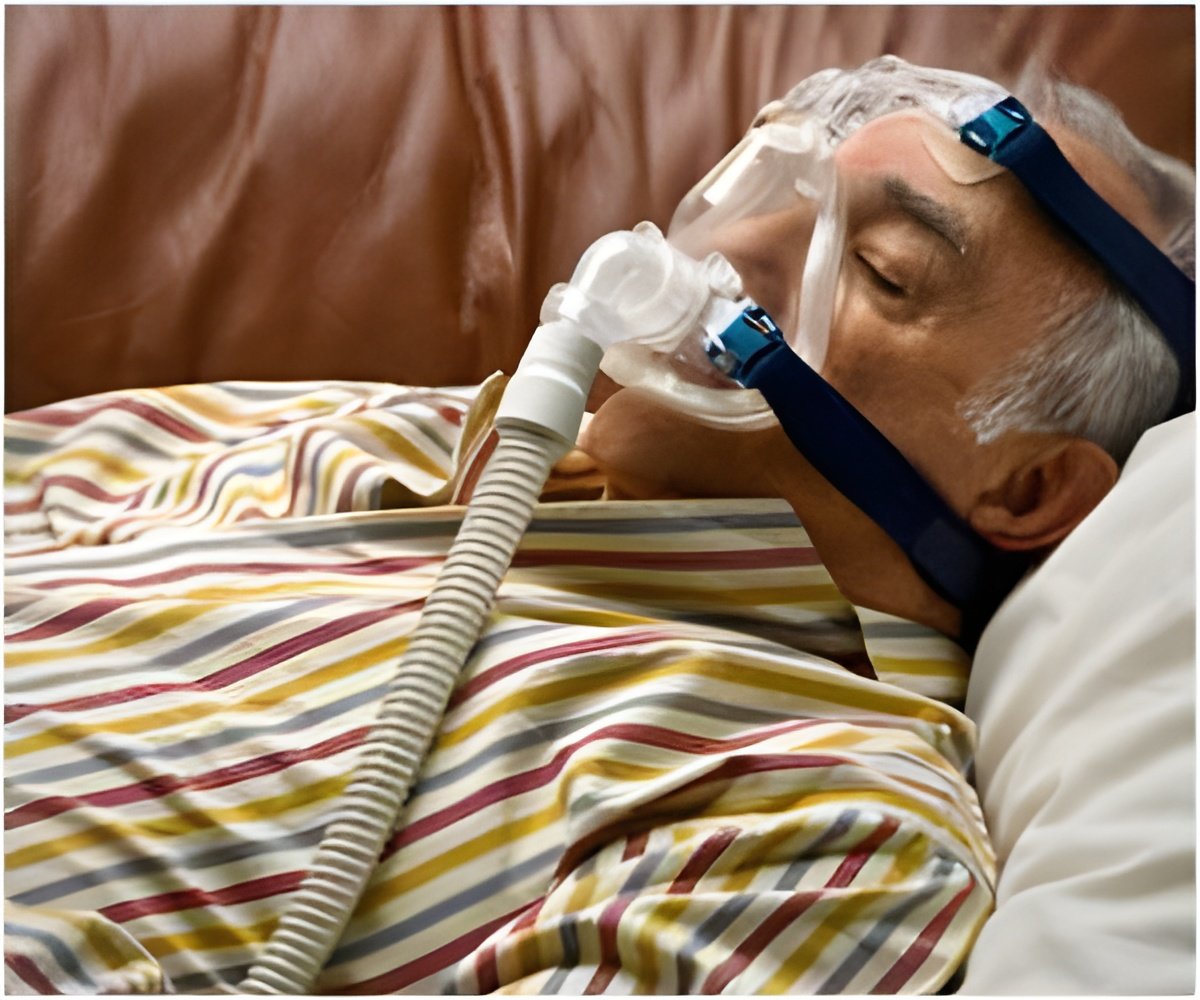Unresponsive patients' brains could recognize photographs of their family and friends, say researchers.

To gain insight into "what it feels like to be in a vegetative state," the researchers worked with four patients in a persistent (defined as "month-long") or permanent (persisting for more than three months) vegetative state.
They showed them photographs of people they did and did not personally know, then gauged the patients' reactions using fMRI, which measures blood flow in the brain to detect areas of neurological activity in real time.
In response to all the photographs, a region specific to facial recognition was activated in the patients' brains, indicating that their brains had correctly identified that they were looking at faces.
But in response to the photographs of close family members and friends, brain regions involved in emotional significance and autobiographical information were also activated in the patients' brains.
In other words, the patients reacted with activations of brain centers involved in processing emotion, as though they knew the people in the photographs. The results suggest patients in a vegetative state can register and categorize complex visual information and connect it to memories - a groundbreaking finding.
Source-ANI
 MEDINDIA
MEDINDIA




 Email
Email




